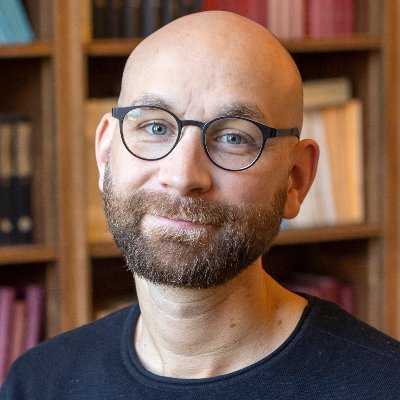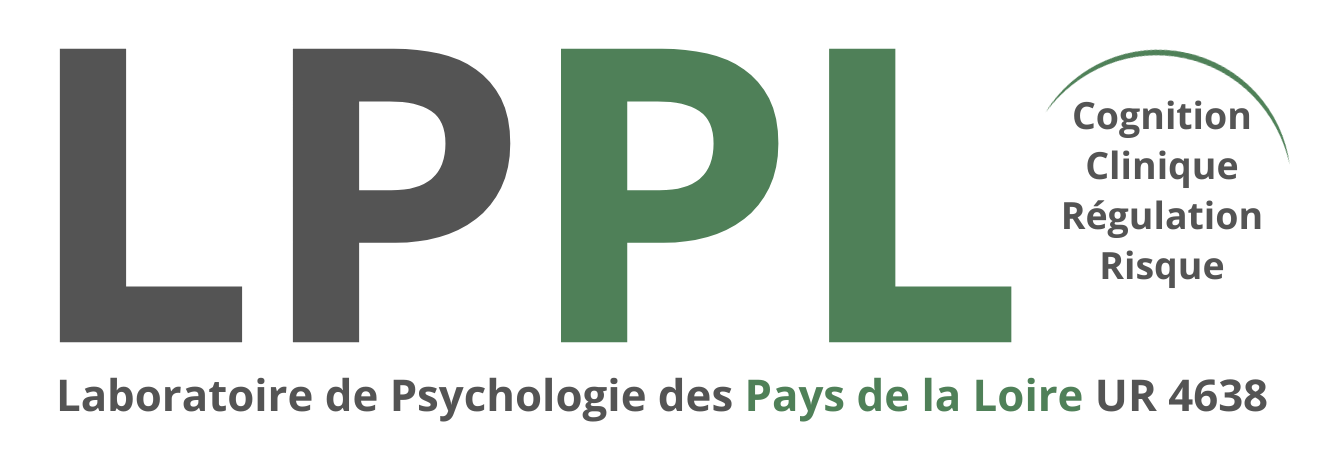- Recherche
Using network models to study mental health problems as systems, not syndromes - Eiko l. FRIED
-
Le 18 janvier 2023Salle T203 (NU)false false
-
10h00
Using network models to study mental health problems as systems, not syndromes
Despite decades of clinical, research and sociopolitical efforts, progress in understanding and treating mental health problems remains disappointing. I discuss two barriers that have contributed to a problematic oversimplification of mental illness. The first is diagnostic literalism, mistaking mental health problems (complex within-person processes) for the diagnoses by which they are classified (clinically useful idealizations to facilitate treatment selection and prognosis). The second is reductionism, the isolated study of individual elements of mental disorders. I propose to conceptualize people’s mental health states as outcomes emerging from complex systems of biological, psychological, and social elements. This framework helps us understand diagnoses and reductionism as useful epistemological tools to describe the world, rather than ontological convictions about how the world is. It provides us with new lenses through which we can study mental illness (e.g., attractor states, phase transitions), and new levers to treat them (e.g., early warning signals, novel treatment targets). Embracing the complexity of mental health problems requires opening our ivory towers to theories and methods from other fields with rich traditions, including network and systems sciences. I spend the last 30 minutes of the talk to introduce network models, and how they can be applied to mental health data from a systems perspective.

Department of Clinical Psychology
https://scholar.google.com/citations?user=DUK0qQoAAAAJ&hl=en



